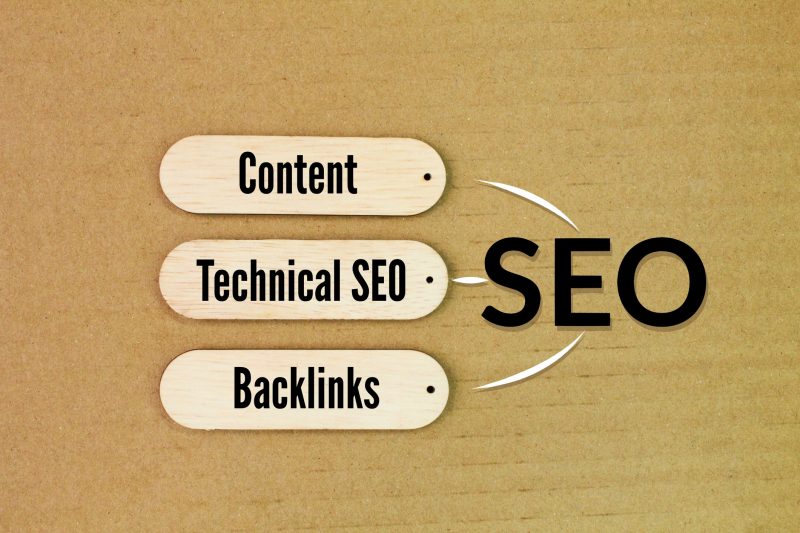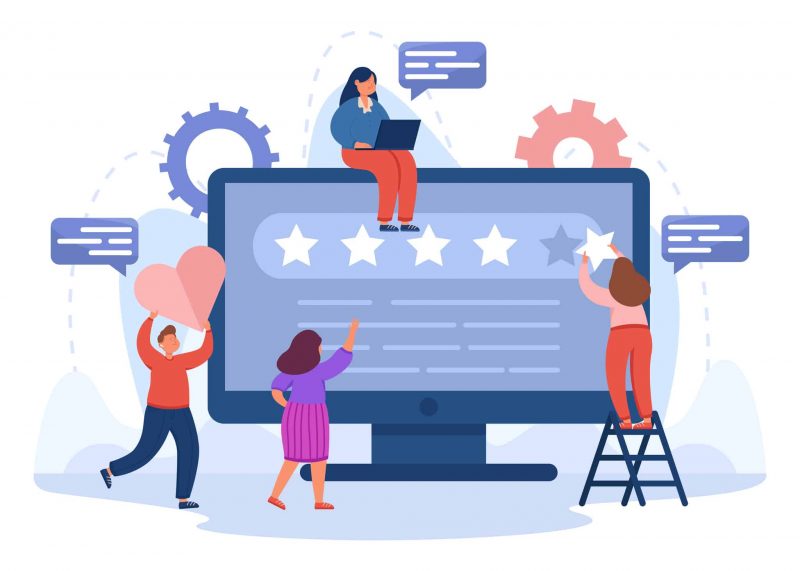If you’re looking to boost your website’s visibility, backlinking can help. Whether you’re a small business, content creator, or digital marketer, effective backlinks can improve your overall search engine ranking. In this guide, we’ll explain what backlinking is, why it’s important, how to earn high-quality backlinks, and why paying for links can do more harm than good.
What Is Backlinking?
Backlinking is the process of getting other websites to link to pages on your site. These links, sometimes referred to as inbound links or external links, allow search engines like Google to gauge the trustworthiness and relevance of your content. If a reputable website links to yours, it’s a big signal that your content is valuable.
Think of backlinks like digital recommendations. The more high-quality links you have pointing to your site, the more likely Google is to show your pages in search results.
Why Are Backlinks Important?
Backlinks may not be in the top three ranking factors for Google, but they’re arguably still important. Here are the main reasons why they matter.
- To improve SEO rankings: Pages with strong backlinks tend to rank higher in Google.
- To drive referral traffic: People who see your link on another site may click through to your page.
- To build authority: Backlinks show that others trust your content, which boosts your brand’s credibility.
- To get indexed faster: Search engines use links to discover and index new pages more quickly.
In short, backlinks can be pretty handy for getting your website discovered.
How To Get High-Quality Backlinks

You’ll want to be particular about which backlinks are pointing to your website. A link from a popular, relevant site carries far more weight than a link from a random or spammy page. Here are the appropriate ways to go about getting legitimate backlinks.
1. Create Link-Worthy Content
Start with great content. Whether it’s a blog post, infographic, guide, or research study, your material needs to be useful, original, and relevant. Figure out what people in your industry are searching for and answer those questions better than anyone else.
2. Write Guest Posts
Offer to write blog articles for reputable websites in your niche. In return, you can usually include a link back to your own website in the author bio or content. This not only earns you a backlink but also allows you to reach a new audience. Forbes is one example, but there are plenty of industry-specific digital publications out there that will do the same.
3. Share Your Content Strategically
Distribute your blog posts and resources on platforms like LinkedIn so that you can engage with your target audience online. If people find your content valuable there, they might link to it in their own posts or newsletters.
4. Build Relationships
Networking with other professionals, bloggers, and site owners can lead to natural backlink opportunities. Comment on their posts, share their work, or collaborate on joint content. When there’s mutual value, backlinks often follow.
5. Use HARO (Help A Reporter Out)
Sign up for HARO and respond to journalist requests. If your pitch gets picked, you may earn a backlink from a news outlet or major publication. That’s big SEO value for minimal effort.
6. Reclaim Broken or Unlinked Mentions
Use tools like Ahrefs or Semrush to find sites that mention your brand but don’t currently link to you — or that have broken links. You can then reach out to the organizations that run those sites and ask them to update their links.
7. Create Tools, Templates, or Stats Pages
People love to link to resources that they find useful. If you create something of value — like a free calculator, checklist, or industry stats roundup — it can generate organic backlinks over time.
Why You Should Avoid Paying for Backlinks
You might be tempted to just skip all of the work above and throw money at backlinks instead. After all, some sites offer links for $100, $200, or higher. But here’s the catch: Google doesn’t like it. In fact, buying backlinks is against Google’s Webmaster Guidelines and can lead to penalties.
When you pay for links without proper disclosure (like tagging them “nofollow” or “sponsored”), you’re manipulating search results — which Google sees as a big red flag. If you’re caught, your site could get hit with:
- Lower rankings
- Manual penalties
- A complete removal from search listings
Even if you aren’t caught, buying backlinks can hurt your credibility if they’re from sketchy websites. Visitors may see those links and question your professionalism. For the long-term value that you want, it’s probably not worth the risk.
Backlinking and Your Brand Reputation

You’ve probably gathered by now that backlinking is about more than SEO — it’s also about brand trust. Earning backlinks from respected sites tells both search engines and users that you prioritize valuable information. When someone sees your brand linked on a site that they already trust, it builds confidence in your company.
The reverse is also true. If your website is linked on spammy, irrelevant, or low-quality websites, it can reflect poorly on your brand and damage your online reputation — even if you never asked or agreed to be linked to them. That’s why using tools like Semrush can help you do some necessary backlink cleanup to identify who’s linking to your work, whether they’re legitimate, and contacting them to remove those links if they aren’t.
Like the content that you create, quality always beats quantity when it comes to link building.
Tools To Use for Backlinking
If you want to get serious about backlinking, there are tools that can make it easier.
- Ahrefs and Semrush – For backlink research, broken link building, and competitive analysis.
- Moz Link Explorer – For checking domain authority and link quality.
- Google Search Console – To monitor who’s already linking to your site.
- BuzzSumo – To find top-performing content and who’s linking to it.
Build Backlinks With Purpose
Backlinking is about building real relationships and creating content that people genuinely want to share, rather than simply “gaming the system.” Skip the shortcuts, avoid the black-hat tactics, and take the time to do it right. Your search engine rankings — and your reputation — will thank you.
If you’d like to talk about content that will build your brand authority, we want to hear from you! Click the link below to start a conversation.





